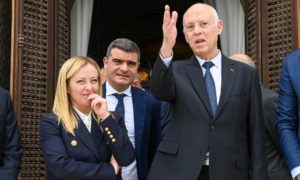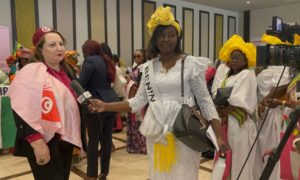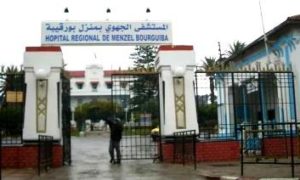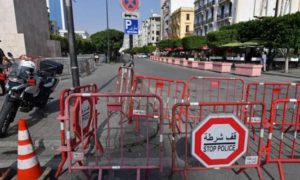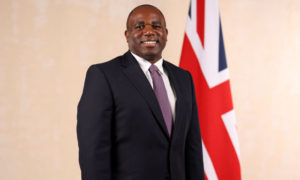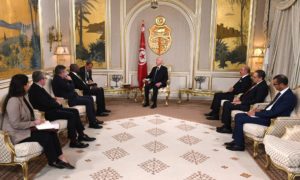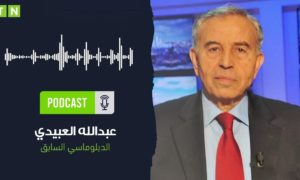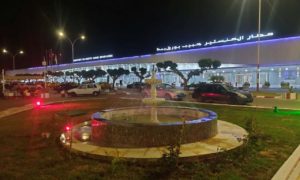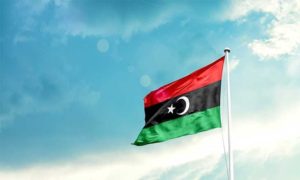In a statement to Tunisie Numéirque, Economist Murad Hattab expressed that the current tension in the Middle East will have negative economic repercussions on some countries and positive ones on others.
The second repercussion concerns financial flows from investments, which are negatively affected in certain areas while positively impacting others. For instance, sectors like tourism, which once flourished in some Middle Eastern countries, will redirect to more secure and stable regions, according to Hattab.
The third point, according to the economist, is affiliated with the cost of raw materials such as energy, agricultural materials, financial materials and precious metals, whose prices vary during such crises and their costs increase, because they are influenced by the rule of supply and demand, and acquiring them serves the purpose of creating savings
Our speaker confirmed that it is currently hard to predict the cost of these tensions, particularly since the geographical area of the crisis is expanding, although the Middle East as a whole is not large, the threats in general are great.
What's happening in Tunisia?
Subscribe to our Youtube channel for updates.





